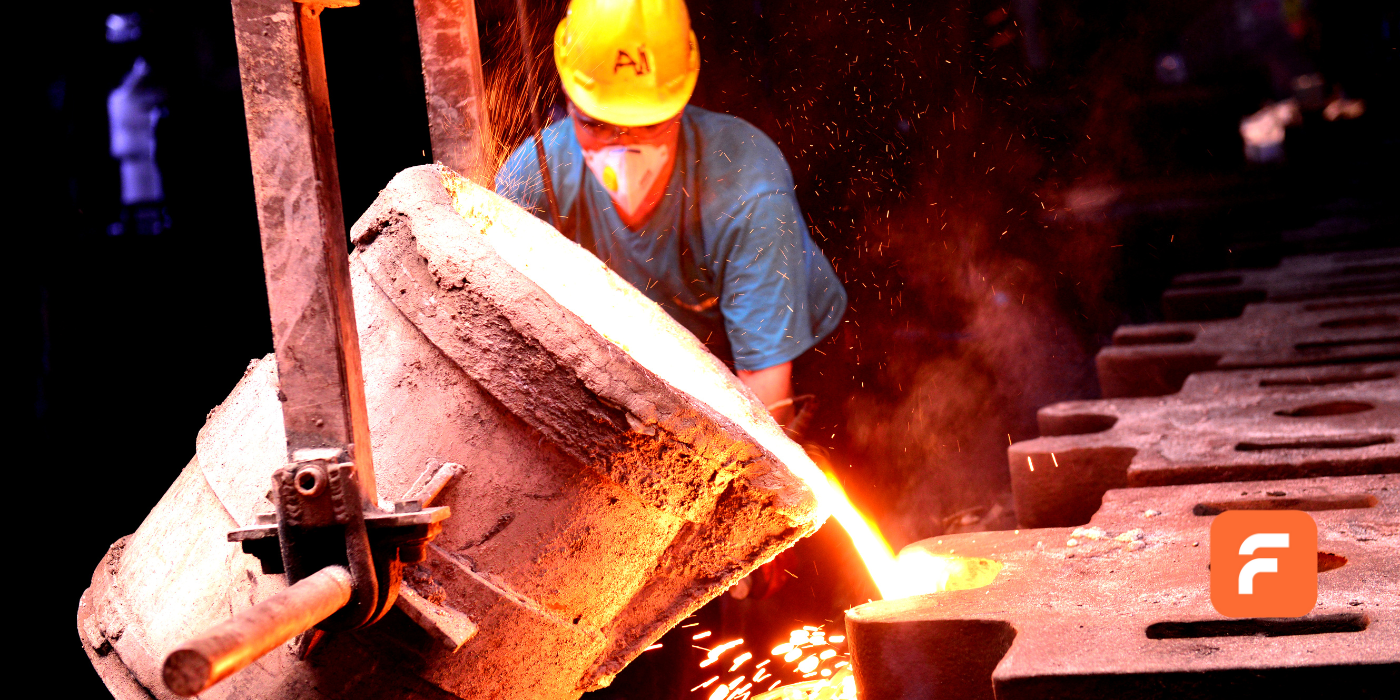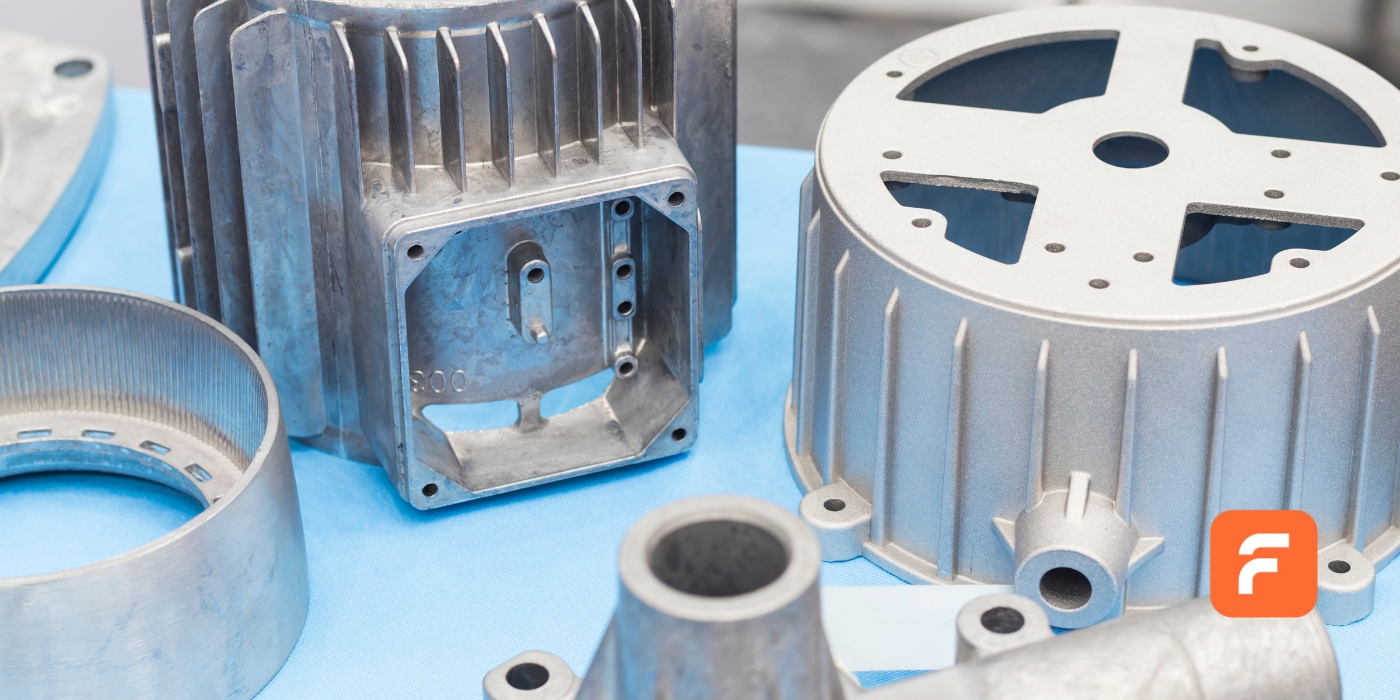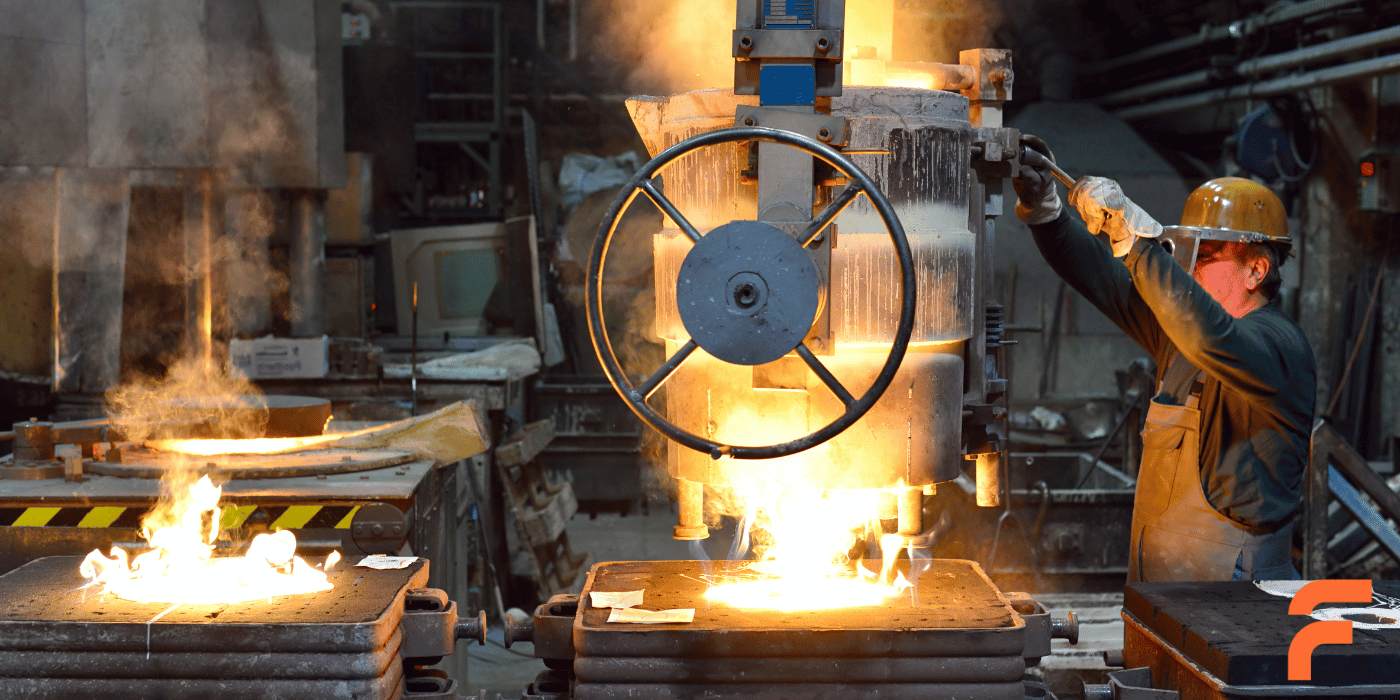Choosing the right metal casting supplier isn’t just a procurement decision — it’s a strategic move that can directly impact your product quality, production timelines, and long-term profitability. Whether you’re sourcing components for the automotive, aerospace, agricultural, or industrial machinery sector, the right foundry partner ensures performance, precision, and consistency.
Here are 10 essential questions to ask before partnering with any metal casting manufacturing company.
1. Do you specialize in the casting process we need?
From sand casting to die casting and investment casting, each process has unique advantages. Ensure the supplier has proven experience in your required process and can demonstrate results from similar industries or components.
2. What certifications do you hold?
A qualified foundry supplier should be ISO 9001 certified at minimum. Depending on your industry, look for IATF 16949 (automotive), AS9100 (aerospace), or other relevant quality management certifications.
3. What industries do you serve?
Suppliers with experience in your sector are more likely to meet quality, regulatory, and functional expectations. Ask for references or case studies in industries like automotive casting, heavy equipment, or energy components.
4. What is your production capacity and lead time?
Can the supplier handle volume changes or tight deadlines? Ask for average lead times, batch sizes, and how they manage production during demand surges.
5. Do you offer in-house tooling and prototyping?
A metal casting partner with internal tooling, mold making, and prototyping capabilities can help reduce lead time, cost, and communication gaps during development.
6. What quality control and testing systems are in place?
Non-destructive testing (NDT), 3D scanning, X-ray inspection, and chemical composition analysis are important for consistent, high-quality castings. Ask for their quality control workflow.
7. How is material traceability handled?
Material sourcing transparency is vital in many industries. The supplier should provide full traceability from raw material procurement to final casting.
8. Can you provide a transparent cost structure?
Request a detailed breakdown covering tooling, per-part pricing, setup costs, and shipping. Also inquire about volume-based pricing and long-term cost optimization.
9. Do you support design for manufacturability (DFM)?
Strong suppliers contribute more than castings. They help optimize your designs for better mold flow, weight reduction, and manufacturability — saving you time and cost.
10. What is your communication and project management process?
Your metal casting supplier should be responsive, structured, and proactive. Ask about communication channels, reporting frequency, and escalation processes for issues.
You can also visit our Foundry Channel Website the directory website to understand the capabilities of the foundries as per your requirement – Here is an example: Atul Precision Casting Pvt Ltd

Conclusion
The right metal casting manufacturing partner offers more than just foundry services. They collaborate, improve product outcomes, and align with your long-term goals. By asking the right questions up front, you reduce risk and build a foundation for reliable supply and quality.





